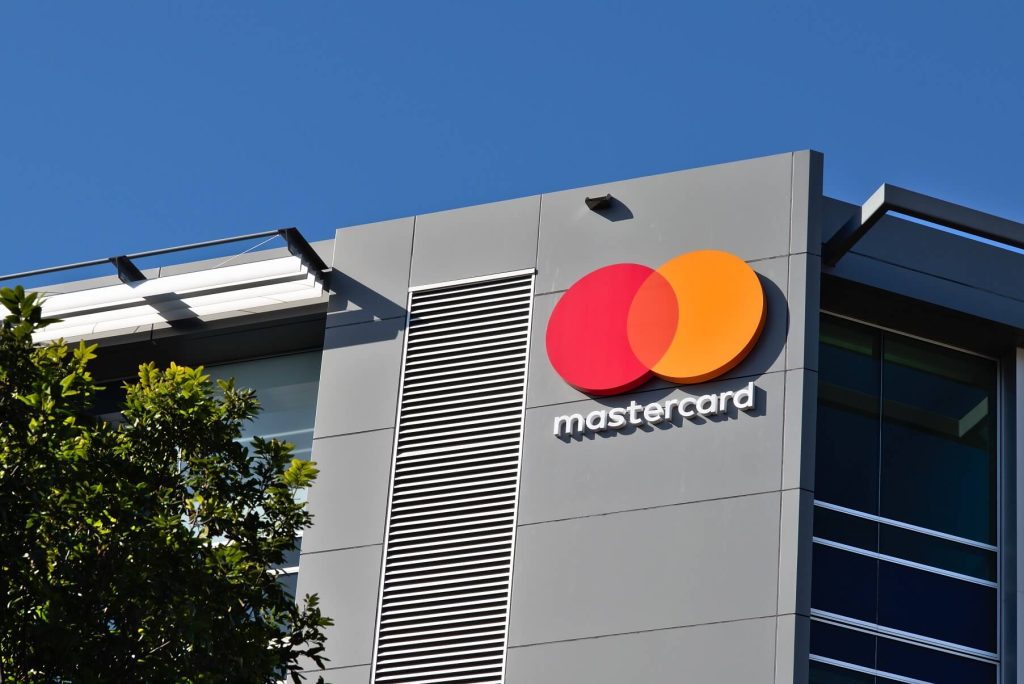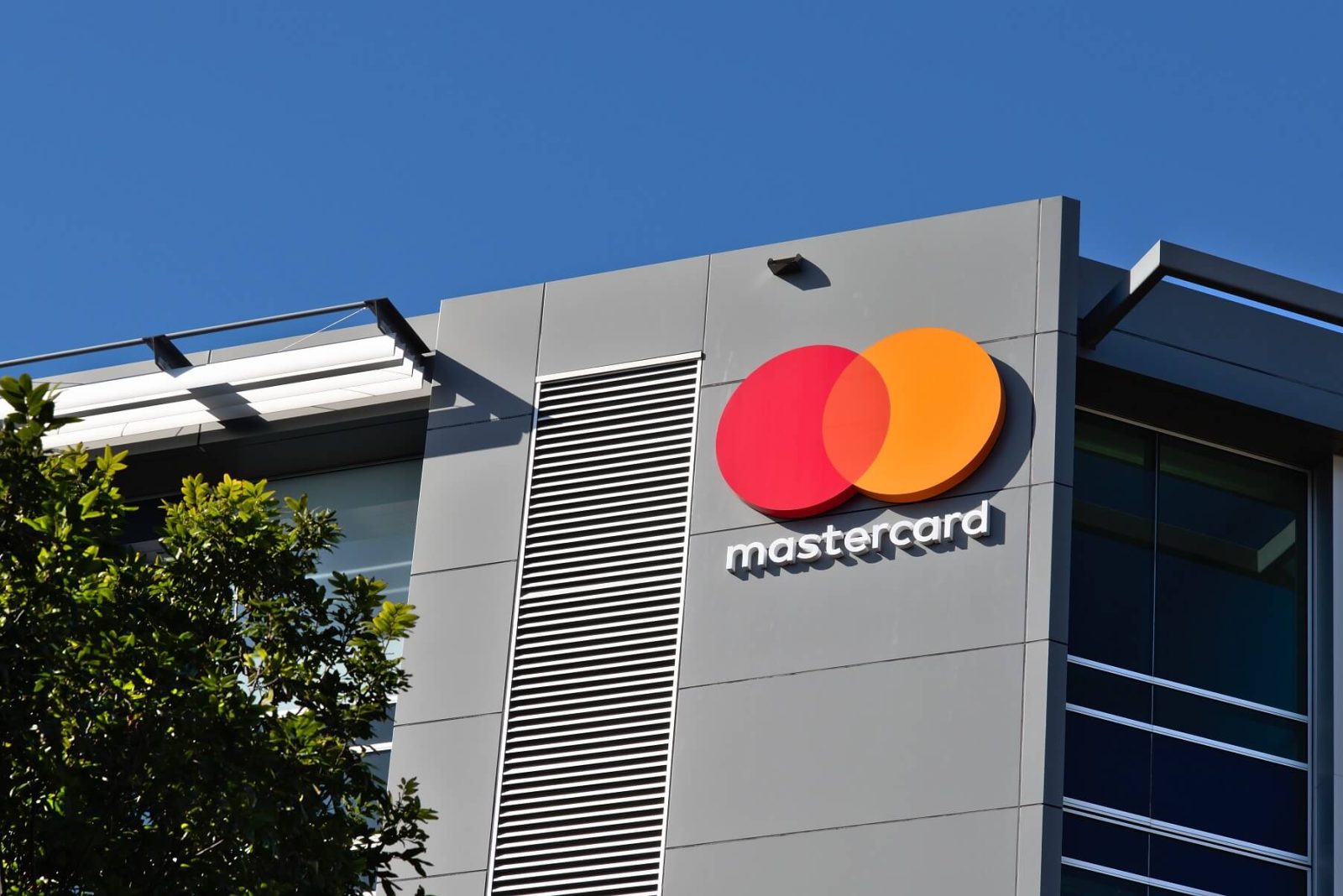
The financial industry as a whole can benefit greatly from cryptocurrency and blockchain technology, according to payment giant Mastercard, but only if these problems are resolved in order to foster trust.
Speaking at a North America Innovation Day event, Raj Dhamodharan, EVP and head of blockchain and crypto at Mastercard, noted that the cutting-edge technologies of blockchain and crypto are gaining traction on a global scale.
However, Dhamodharan pointed out that the use cases and utilities of the technologies are limited by their complexity and lack of security.
Thus, he contended, even though crypto technology can move and store capital and value, there are few applications for it when security and ease of use are not top concerns.
The EVP was quoted by TechCrunch as saying that,
“Instilling trust in the blockchain ecosystem is a critical step in realizing its full potential.”
Similarly, Johan Gerber, EVP of Security and Cyber Innovation, said that,
“What you need for this tech to scale globally is interoperability and underlying security of trust.”
Dhamodharan stated that it will be much simpler for different businesses, both established and up-and-coming, to join and interact with the Web3 industry once these fundamental points are achieved.
Although there is a lot of innovation in the field and capital and talent are entering it, Dhamodharan stated that the technology has greater promise.
“People look at crypto and think of it as an investment, but there’s a whole sector that’s a lot more useful for financial industries as a whole. The technology itself holds a lot of promise.”
Gerber added that Mastercard “aims to provide a technological foundation that allows everyone from small startups to massive financial institutions to innovate and build upon.”
Not a Newcomer
Mastercard has a long history in the business. In the last several months alone, a number of developments have been declared.
The company unveiled Crypto Secure, a new piece of software powered by CipherTrace, in October of last year with the intention of assisting banks in identifying and stopping transactions from cryptocurrency exchanges that are known for fraud.
During that month, Dhamodharan predicted that “someday soon” we would be able to use cryptocurrencies for purchases in the same seamless way as contactless card payments. However, he noted that this would require advancements in a few crucial areas, such as crypto cards, service providers, and simpler payment conversions from cryptocurrency to fiat.
In November, CEO Michael Miebach argued that it is “entirely possible,” that one day everybody will be paying with Bitcoin (BTC), “but I think it’s a long way to go before crypto becomes mainstream.”
Mastercard also introduced Start Path Crypto in November, a global engagement initiative to support blockchain, cryptocurrency, and digital asset startups as they grow.
Concurrently, the company announced that it would start facilitating the trading of non-fungible tokens (NFTs) for various crypto-ecosystem platforms, such as marketplaces, metaverse gaming titles, and Web3 infrastructure suppliers, in June 2022.
Furthermore, in February of this year, Satvik Sethi, the former NFT Product Lead at Mastercard, shocked the NFT community by using the digital collectibles platform Manifold to mint his resignation letter as an open-edition NFT on Ethereum.















1 Comment